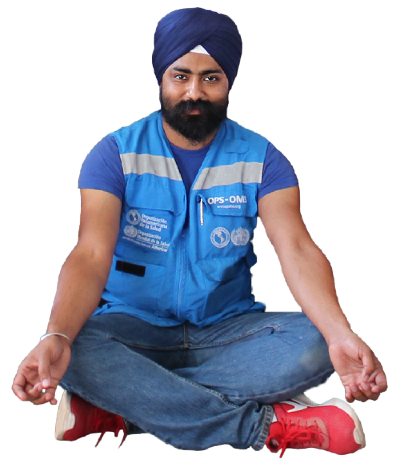
Staff appointments
Remuneration
WHO has an attractive remuneration package with competitive pay and benefits in accordance with the United Nations Common System which is established by the International Civil Service Commission (ICSC). There are three main categories of staff: Professional and higher categories (IP), National Professional Officer (NPO) and General Service (GS). Offers for these positions are either Fixed Term Appointments or Temporary Appointments.
Staff in the professional and higher categories are paid on the basis of salary scales applied worldwide and established by the General Assembly of the United Nations on the recommendation of the ICSC. A common job classification system developed by the ICSC provides the structure for this salary scale.
Staff in the General and National Professional Officer categories are paid in accordance with local salary scales based on the best prevailing local conditions through surveys of local salaries, which are conducted and reviewed periodically. Job classification standards differentiate between levels of responsibility and provide a framework for comparison with local labour markets.

Benefits
As an IP, NPO or GS staff member, you are eligible for 30 days of annual leave per year on a fulltime basis (or the pro rata equivalent). For most appointments, will be covered by the United Nations Joint Staff Pension Scheme and the WHO worldwide medical insurance (including dental). Salaries, grants and allowances paid by WHO are generally exempt from income tax in most countries.
An employment offer will include all relevant information on benefits and your onboarding process will explain how to apply for and receive applicable entitlements.
Other staff benefits vary according to contract type and level and may include:
- Dependency allowance
- Education grant for schools and first-level university education
- Home leave and family visit
- Maternity/paternity/surrogacy or adoption leave
- Settling in grant
- Relocation grant
- Hardship allowance
- Mobility incentive
- Rental subsidy
- Repatriation and/or end of service grant
International staff mobility
WHO is committed to making a measurable difference in people’s health at the country level. To drive impact at the country, regional and global levels, our workforce needs to be agile and highly competent.
Mobility makes our workforce more diverse at all levels of the Organization while improving organizational performance in three ways: 1) it increases the talent pool; 2) it brings new perspectives into discussions and decision making processes; and 3) it brings the voices of the people with health challenges more directly into the discussion. The mobility programme is implemented fairly but vigorously with enhanced attention to the retention of women leaders and people from developing countries at senior positions.
Mobility is also part of the wider UN system, where many organizations have adopted it in various forms. The International Civil Service Commission (ICSC) has placed mobility at the heart of the career management pillar in its Framework for Human Resources Management.
International Professional staff on fixed term contracts adhere to the geographical mobility programme.




